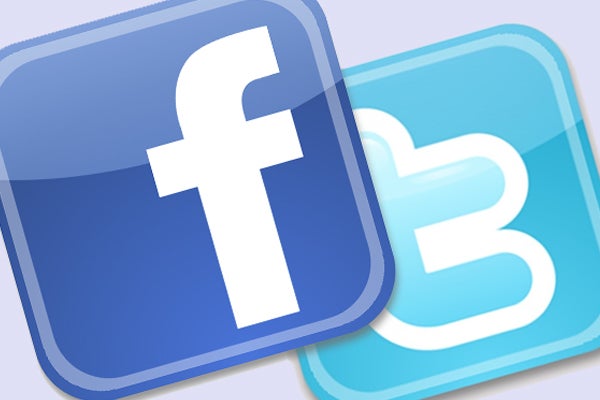Facebook and Twitter addicts actually get withdrawal says study

A study undertaken by researchers at the University of Winchester has shown that people addicted to their Facebook and Twitter accounts do feel withdrawal systems if they stop using them.
Ten self-confessed addicted Facebook users and ten people who just can’t stop tweeting took part in the study, which asked them to stop using their accounts for four weeks.
Many of those users quickly felt distinct feelings of withdrawal from the social media sites, including feeling “cut off from the world”.
“So much of my life was organised via Facebook,” said one female participant from Yorkshire. “I haven’t communicated with my family all week.”
“I’ve felt alone and cut off from the world,” said another study partaker. “My fingers seem to be programmed to seek out the Facebook app every time I pick up my phone.”
Leading the study was Dr David Giles, a reader in media psychology at the University of Winchester, who said the use of social media, even in cases of extremely heavy usage, was not harmful to our minds or our health.
“Some people would argue this addition to social media is eating away at people’s lives, but what most of these so-called addicts are doing online is profoundly social,” said Dr Giles. “The average internet user today is not the bedroom hermit of the 1990s but a savvy individual with a smartphone who openly manages his or her entire social life and personal relationships online.”
However, Dr Giles did suggest that moderation should be exercised when it comes to social media use, due to the fact that some users experienced such withdrawal symptoms. Others did find that being forced not to use their Facebook accounts meant spending more time with their families or catching up on household chores.
The study also took ten people with inactive social media accounts and another bunch of ten people who had never ventured onto the social networks, asking them to regularly post and tweet to Facebook and Twitter.
“I thought I would find using Facebook every day dull and pointless, but I’m finding that I’m quite enjoying it,” said one participant of the study. “I’m actually seeing my friends more now.”
Anyone who doesn’t embrace social media sites like Twitter and Facebook will soon be forced to, believes Dr. Giles. People who do not have email accounts or access to social media profiles are branded as “vagrants of the digital age”, he said.
Via: Telegraph

